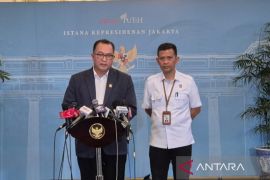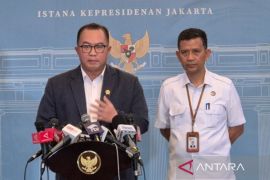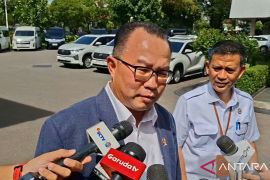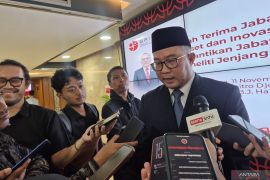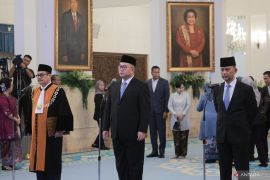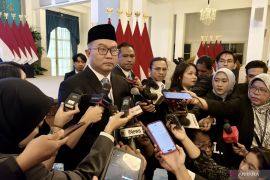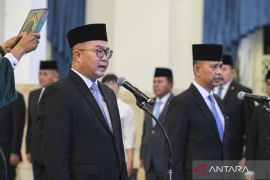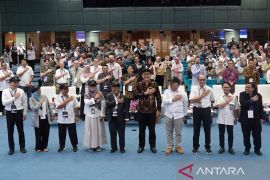"This policy would have an impact on the behavior of the industry and society to produce and consume products with low greenhouse gas emissions," head of the Biological and Environmental Organization at BRIN, Iman Hidayat, noted during the Carbon Tax Webinar titled "Towards an Era of Green Innovation and Investment," which was followed virtually here, Monday.
Hidayat highlighted that implementation of the carbon tax and Law Number 7 of 2021 concerning the Harmonization of Tax Regulations (UU HPP) also strengthened Indonesia's commitment to targeting net zero emissions by 2060 or earlier.
The HPP Law would become the basis for the implementation of a carbon tax in Indonesia in addition to other regulations governing the carbon tax as a derivative regulation of the HPP Law, he remarked.
"We need to support this policy (carbon tax) since this is a government policy that is indeed environmentally oriented," he noted.
With the implementation of a carbon tax, business actors in Indonesia will be more careful in managing their businesses to reduce greenhouse gas emissions and promote a green economy in developing their industry.
Green economy is an idea to increase welfare and social equality while reducing the risk of environmental damage at the global level, he noted.
"In the end, we want the environment to be maintained by reducing the damage," Hidayat remarked.
He expressed optimism that implementation of the HPP Law would be able to change the behavior of economic actors to switch to low-carbon green economic activities.
This can be realized if industrial and business activities can have a significant impact on the environment by encouraging industry players and the community to produce and consume as few as possible products with low greenhouse gas emissions.
In addition, the imposition of a carbon tax provides a strong signal that encourages the development of technological innovation and investment that is more efficient, low-carbon, and environmentally friendly, Hidayat stated.
He said that implementation of the carbon tax and the HPP Law was also the key to create a qualified living space for the public.
"This qualified living space is not only for the people in Indonesia but also for all people of the world, considering that Indonesia has an important position in the world carbon market," he concluded.
Related news: Gov't ensures availability of food, energy and price stabilization
Related news: Carbon tax imposition put off till July 2022: minister
Related news: Indonesia needs Rp28 trillion to achieve net energy transition by 2060
Translator: Martha Herlinawati S, Resinta
Editor: Sri Haryati
Copyright © ANTARA 2022

